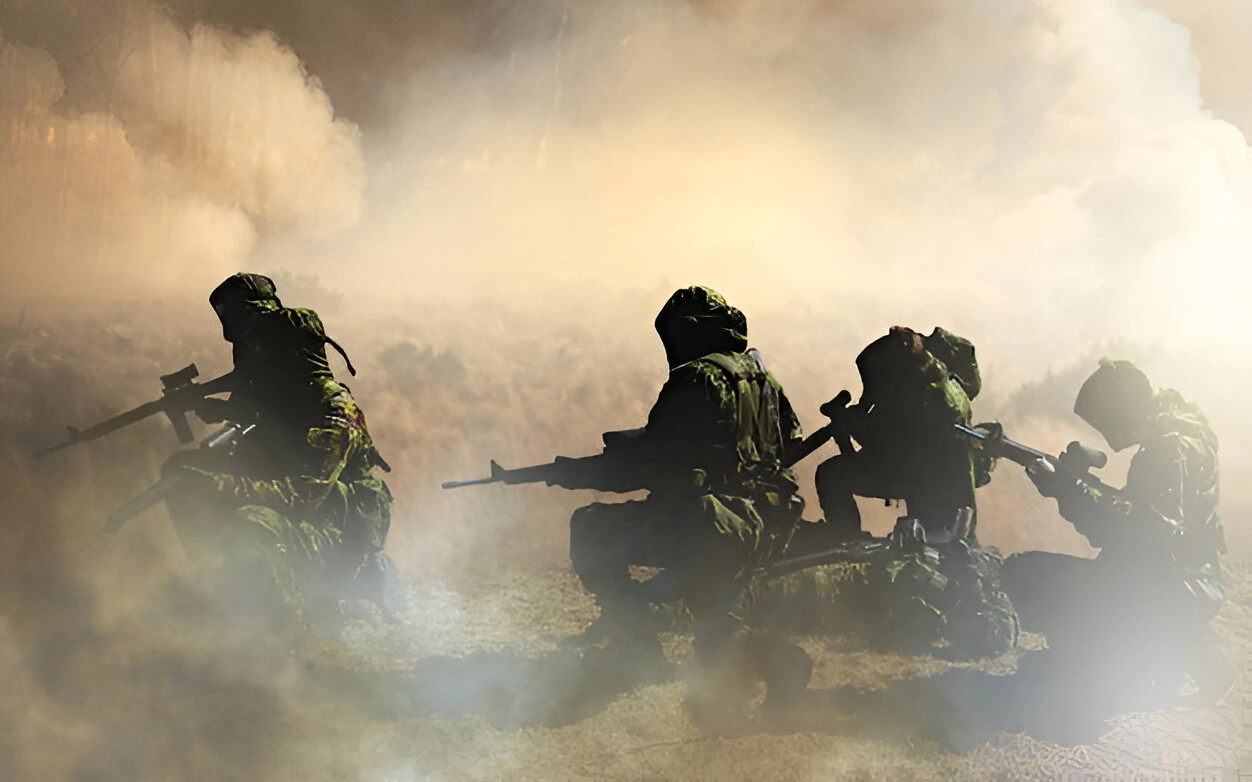
Defence jobs in India have always been considered prestigious, stable, and highly respected. Serving the nation in the Indian Army, Navy, or Air Force is not just a profession but a lifelong honor. Every year, lakhs of aspirants prepare to join the defence forces, attracted by the sense of duty, adventure, and career security that these jobs provide. In this detailed guide, we will explore the various opportunities in the Army, Navy, and Air Force, along with eligibility, exams, and career growth prospects.
Why Choose a Career in Defence?
Defence jobs in India offer a perfect blend of patriotism, discipline, and professional stability. Unlike many private-sector jobs, defence services ensure job security, structured promotions, and pension benefits. Apart from financial rewards, these careers bring immense pride, honor, and respect. Defence jobs also provide opportunities for leadership, adventure, and global exposure through UN peacekeeping missions.
Types of Defence Jobs in India
The Indian defence sector is broadly divided into three main branches – the Army, Navy, and Air Force. Each branch offers multiple roles, catering to different qualifications and skill sets. Here’s a detailed look:
1. Indian Army
The Indian Army is the backbone of national security, responsible for defending the country’s land borders. It offers opportunities for both commissioned officers and non-commissioned personnel. Some popular entry options include:
- National Defence Academy (NDA): Entry after Class 12 for officer roles.
- Combined Defence Services (CDS): Entry after graduation for permanent commission.
- Technical Entry Scheme (TES): For engineering graduates.
- Army Medical Corps: Opportunities for doctors and healthcare professionals.
Career growth in the Army is well-structured, with promotions from Lieutenant to General ranks based on performance and experience.
2. Indian Navy
The Indian Navy safeguards the nation’s maritime borders and promotes India’s naval presence globally. It offers roles in navigation, engineering, logistics, and aviation. Major entry points include:
- NDA and CDS: For officer-level recruitment.
- 10+2 (B.Tech) Cadet Entry Scheme: For aspiring engineers.
- Indian Navy Sailors and Artificer Apprentice (AA): For technical and support staff.
- Short Service Commission (SSC): For roles in IT, Law, and Logistics.
The Navy provides unique experiences such as submarine service, aviation roles, and international missions. Career progression is rewarding, with ranks like Sub-Lieutenant, Commander, and Admiral.
3. Indian Air Force
The Indian Air Force (IAF) is known for its advanced technology and role in safeguarding Indian airspace. Opportunities include flying, technical, and ground duty branches. Common entry routes are:
- NDA and CDS: For officer positions in flying and technical roles.
- AFCAT (Air Force Common Admission Test): A popular exam for both men and women to join as officers.
- NCC Special Entry: For NCC ‘C’ Certificate holders.
Career progression in the IAF allows officers to rise to ranks like Squadron Leader, Group Captain, and Air Chief Marshal. Apart from prestige, the Air Force offers exposure to cutting-edge aviation technology.
Eligibility Criteria for Defence Jobs
Eligibility for defence jobs varies based on entry type and service. However, some common requirements include:
- Educational Qualification: Class 12 for NDA; graduation for CDS and AFCAT; engineering degree for technical entries.
- Age Limit: Usually 16.5 to 25 years, depending on the exam.
- Physical Fitness: Height, weight, and vision standards must be met.
- Medical Examination: Candidates must be medically fit for service.
Exams for Defence Jobs
To join the Army, Navy, or Air Force, candidates must clear competitive exams conducted by UPSC and other authorities. Key exams include:
- NDA Exam: Conducted twice a year by UPSC for entry after Class 12.
- CDS Exam: Conducted twice a year for graduates.
- AFCAT: Conducted by the Indian Air Force for officer recruitment.
- Indian Navy SSR/AA Exams: For sailor-level recruitment.
In addition to written exams, candidates must clear Services Selection Board (SSB) interviews, psychological tests, and physical fitness assessments.
Career Growth and Benefits
A career in defence offers not only financial security but also holistic growth. Benefits include:
- Attractive salary packages and allowances (flying pay, field allowance, etc.).
- Free medical care for personnel and family.
- Subsidized education opportunities for children.
- Post-retirement pension and job opportunities.
- Adventure activities and sports facilities.
Challenges of Defence Jobs
While rewarding, defence careers also demand sacrifice. Long separations from family, postings in difficult terrains, and high-risk missions are part of the journey. Aspirants must be prepared for a disciplined lifestyle and readiness to serve in emergencies.
How to Prepare for Defence Jobs?
Preparation involves a mix of academic focus, physical fitness, and mental strength. Here are some tips:
- Stay updated with current affairs, defence news, and general knowledge.
- Focus on mathematics, reasoning, and English for written exams.
- Maintain regular physical exercise, running, and sports to build stamina.
- Practice communication and leadership skills for SSB interviews.
Conclusion
Defence jobs in India offer unmatched honor, stability, and growth. Whether you choose the Indian Army, Navy, or Air Force, each path provides unique opportunities to serve the nation with pride. Aspirants must focus on eligibility, exam preparation, and physical fitness to achieve their dream of donning the uniform. A career in defence is not just about a job—it is about contributing to the nation’s safety and legacy.